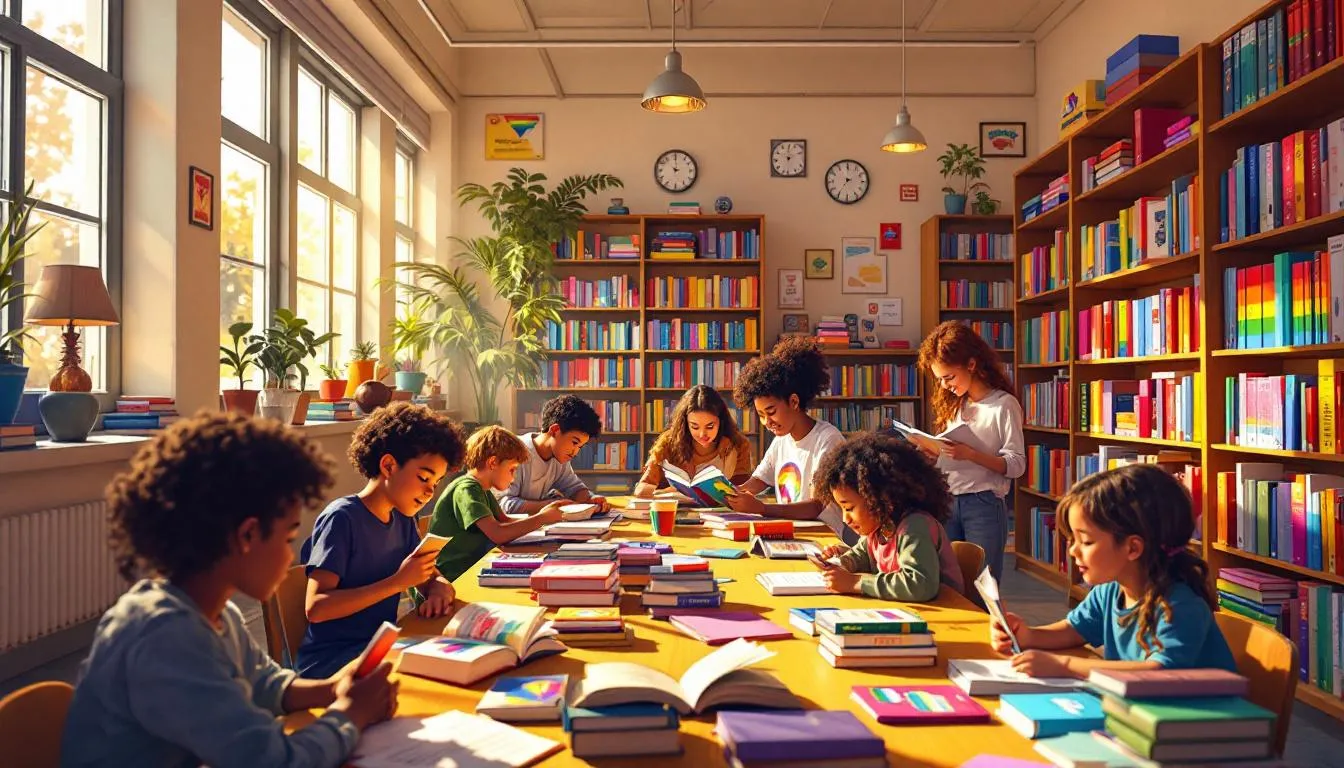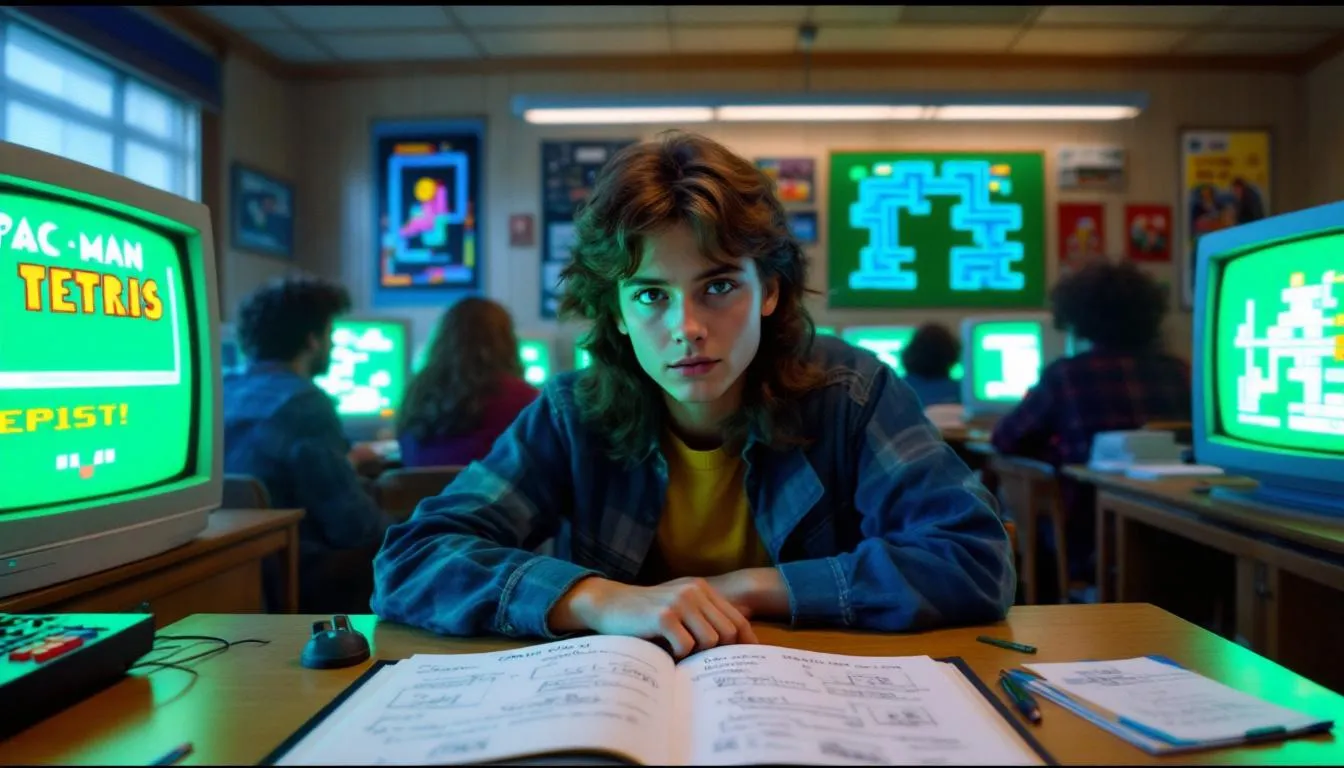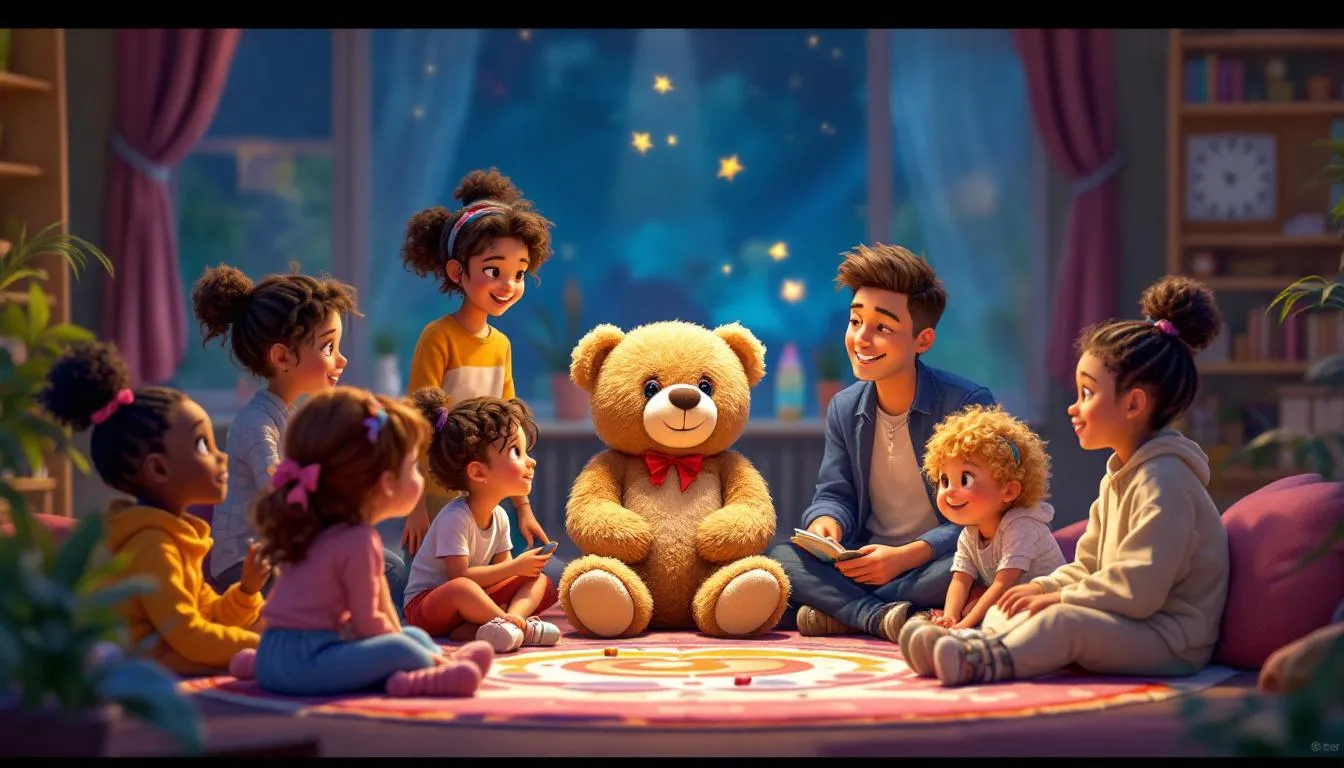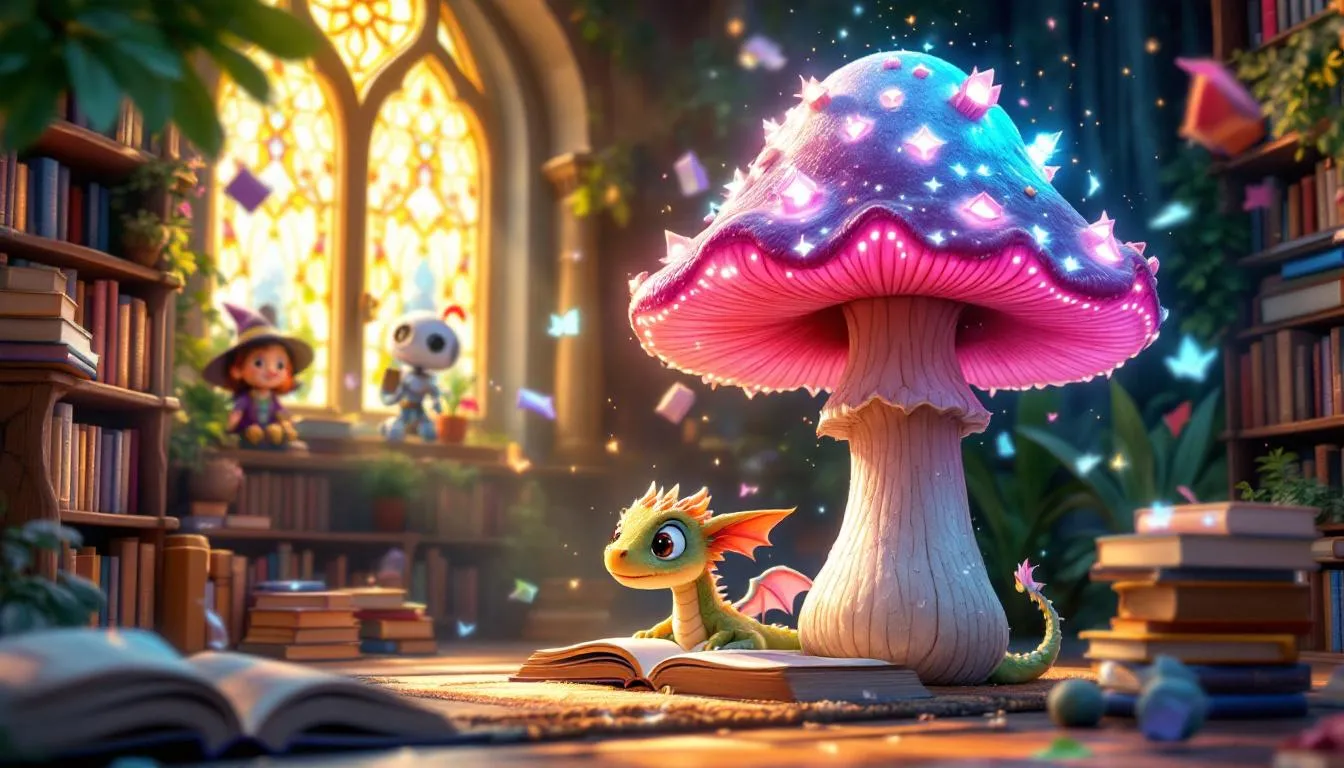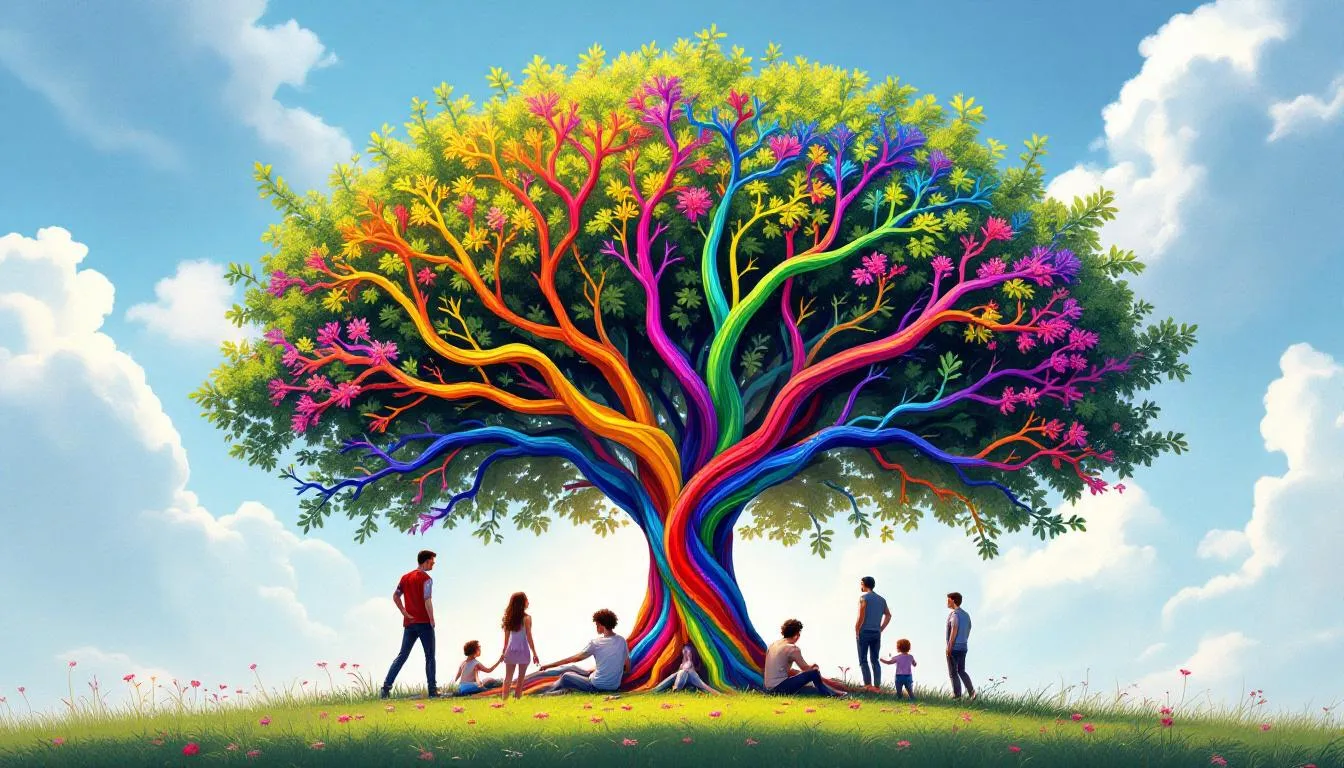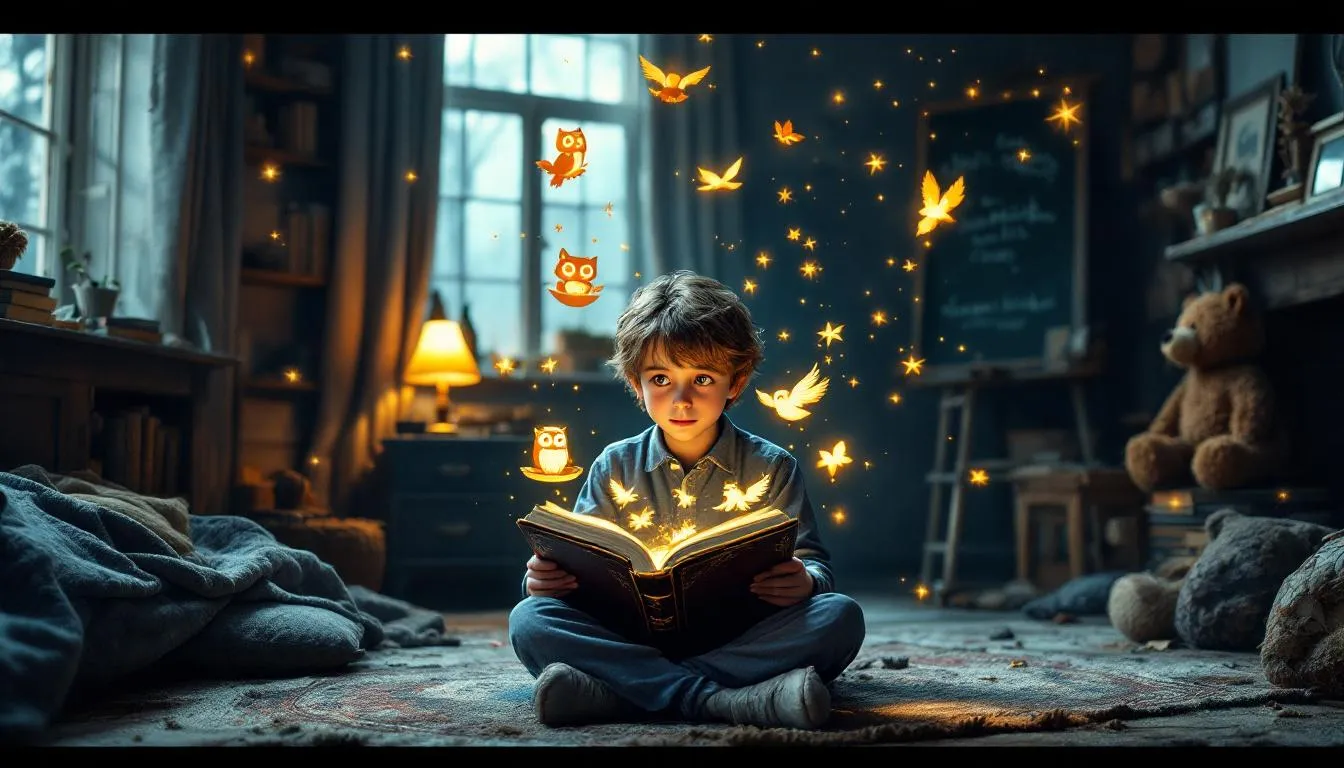Table of Contents
Introduction
Walking into a school library today can feel like stepping into diverse worlds, thanks to the inclusion of LGBTQ literature. These books are now a crucial part of education, offering perspectives that many students might not encounter otherwise. Although not a new concept, LGBTQ books have gradually found their place in school curricula over the decades, often sparking heated discussions. While some see them as vital tools for inclusivity and representation, others view them as contentious, igniting debates about their appropriateness in educational settings.
The Debate Over LGBTQ Books
Opinions on LGBTQ books in schools are as varied as the stories themselves. Many believe these books are essential for inclusion. I recall a fellow parent at a school meeting sharing how her teenager, after reading a book with a transgender protagonist, felt seen and understood for the first time. Such moments highlight literature’s power to resonate deeply with students who might otherwise feel marginalized.
Representation is crucial, and diverse stories broaden the horizons of all students. Books featuring LGBTQ characters can spark discussions about empathy and understanding, encouraging students to look beyond their experiences. It’s like giving them a map to navigate the diverse world they’ll eventually enter.
However, some argue against including LGBTQ books, citing concerns about age-appropriateness. Parents often worry that certain themes might be too complex for younger minds. It feels like navigating a tightrope, balancing educational value with developmental readiness.
Cultural and religious objections also play a role. A teaching friend once mentioned a heated school board meeting where parents felt LGBTQ books clashed with their family values. It’s a delicate situation where personal beliefs and educational goals sometimes collide.
As we navigate these complex issues, it’s important to consider the broader implications, not just in classrooms but in society at large. Let’s explore the societal impacts of these discussions.
Societal Implications of Book Banning
Book banning is not new; it has existed for centuries, like a stubborn weed in the garden of knowledge. Historically, books have been banned for political, religious, or cultural reasons. Consider the infamous banning of “To Kill a Mockingbird” or “The Catcher in the Rye”—classics challenged for their themes. These cases remind us that the battle over accessible literature is long-standing and complex.
At the heart of the LGBTQ book debate, we grapple with freedom of speech and expression. Imagine a world where only certain voices are heard; it limits the richness of human experience. Including diverse literature in schools celebrates free expression, ensuring every student sees themselves in the stories they read and fostering an environment of open dialogue.
In our digital age, social media amplifies these debates, providing a platform for diverse voices but also escalating tensions. I’ve seen heated discussions on my feed with parents, teachers, and students passionately sharing opinions. Social media can turn a school board meeting into a community-wide spectacle, influencing opinions and even policies.
These debates are not just about books but about the values and freedoms we uphold. Let’s delve into how these discussions influence the political landscape and what it means for educators, librarians, and the community.
Political Ramifications
In politics, including LGBTQ books in school libraries isn’t merely a personal preference—it’s a hot-button issue that influences policies and legislation. Many school districts find themselves in a tug-of-war between political forces. Recently, I read about a proposed bill in my state to regulate school library book types, sparking debate. Advocates argued for educational diversity, while opponents raised content concerns, influenced by political agendas.
Political groups and advocacy organizations significantly shape these discussions. LGBTQ rights organizations push for inclusive policies, while others campaign for stricter regulations, flexing their muscles through lobbying and public campaigns. I attended a town hall where representatives from these groups presented their arguments, highlighting the deep intertwining of politics and education.
Real-world case studies exemplify these tensions. In a Texas school district, a decision to remove LGBTQ-themed books led to public outcry, garnering national attention and prompting legal challenges. These issues can escalate into broader societal debates.
Navigating these politically charged waters impacts educators and librarians immensely. They often find themselves at the intersection of policy and practice, balancing students’ educational needs with external pressures. Understanding their role and challenges is crucial as we continue exploring this complex topic.
Impact on Educators and Librarians
Imagine being an educator or librarian tasked with curating a school library’s collection. It’s like being a DJ choosing the perfect playlist for a complex crowd. Now, add the challenge of ensuring the collection includes diverse voices, like those in LGBTQ literature. Educators and librarians passionate about providing a wide range of books reflecting the world’s diversity often face a tricky balancing act.
Selecting and promoting diverse books can feel like navigating a minefield, with potential backlash lurking around every corner. A librarian friend shared her experience introducing a new LGBTQ book to her middle school library. While many students welcomed the representation, it also led to heated parent-teacher meetings. Despite pushback, she found solace in support from colleagues and parents who valued inclusivity.
Support isn’t always guaranteed. Sometimes, the backlash is louder than the applause. Educators might receive angry emails or face uncomfortable conversations. Yet, many develop strategies to navigate these controversies. Some schools host book fairs or reading clubs to discuss themes openly, fostering community dialogue rather than division. Others work with parent-teacher associations for transparency and understanding.
In these scenarios, communication is key. Open dialogue with parents and the community bridges gaps and dispels misunderstandings. Listening is as important as speaking, building trust and showing educators and librarians’ commitment to nurturing well-rounded, informed students. As we examine the role of parents and community, their participation and perspective are crucial in this ongoing conversation.
The Role of Parents and Community
Parents and community members are integral voices in the conversation about LGBTQ books in schools. They often have strong opinions, driven by the desire to protect their children while wanting them to experience the world’s diversity. As a parent, I’ve attended many PTA meetings where discussions about our kids’ reading sparked lively debates. One memorable meeting involved a book featuring a non-binary character. Some parents questioned if their children were ready for such topics, while others emphasized the importance of representing diverse identities.
Community forums and discussions bring varied perspectives together. In my town, we’ve held forums where educators, parents, and students discuss school library content. These sessions, sometimes heated but often enlightening, offer a space to address fears and find common ground. Here, education has the potential to be a bridge rather than a barrier.
Building partnerships between schools and the community fosters an inclusive educational environment. Schools work closely with parents through workshops and informational sessions, demystifying the content and intention behind including LGBTQ literature. These partnerships celebrate differences, ensuring all students feel seen and heard. By keeping communication open, schools and communities can create a supportive environment where every child feels safe exploring the world through books.
Looking ahead, it’s crucial to consider how we can continue this journey towards inclusivity and understanding in education.
Moving Forward
We all want our children to grow up in a world where they feel accepted and understood. Moving forward requires fostering open dialogue and understanding within school communities. I recall a workshop at my daughter’s school where parents and teachers discussed including LGBTQ books. It was heartening, with everyone sharing perspectives and learning from each other. Creating spaces for conversation helps dispel myths and build bridges of empathy.
Besides dialogue, developing inclusive policies and practices is vital for embracing diversity in education. Schools can form committees including teachers, parents, and students to review and recommend literature reflecting a wide range of voices. These committees craft guidelines ensuring age-appropriate content while respecting diverse viewpoints. I’ve seen this at a local high school, where a diverse group reviewed the reading list, resulting in a more balanced selection.
The future of LGBTQ books in education looks promising as more schools recognize representation’s importance. As educators and communities advocate for inclusivity, we can expect more diverse stories integrated into curricula. This shift enriches the educational experience and prepares students for a world that celebrates diversity. By working together—educators, parents, and the community—we create an environment where every student feels valued and represented.
As we chart this path towards a more inclusive educational landscape, it’s essential to reflect on the progress made and the challenges that lie ahead.
Conclusion
Embracing LGBTQ books in schools is about more than literature—it’s about nurturing empathy, understanding, and acceptance in our children. We’ve explored the complexities of debates, societal impacts, and educators and parents’ roles. Now, it’s time to champion inclusive learning environments where every child sees themselves in the stories they read. Let’s keep the conversation going, ensuring diverse voices are celebrated. Together, we can create an educational landscape that not only tolerates differences but celebrates them, preparing our children to thrive in a beautifully diverse world.
KidTeller creates a personalized storybook where your child is the hero. Just upload a photo, and we’ll generate a custom book filled with adventures made especially for your toddler or young child – magical, memorable, and uniquely theirs. Learn more at KidTeller.
